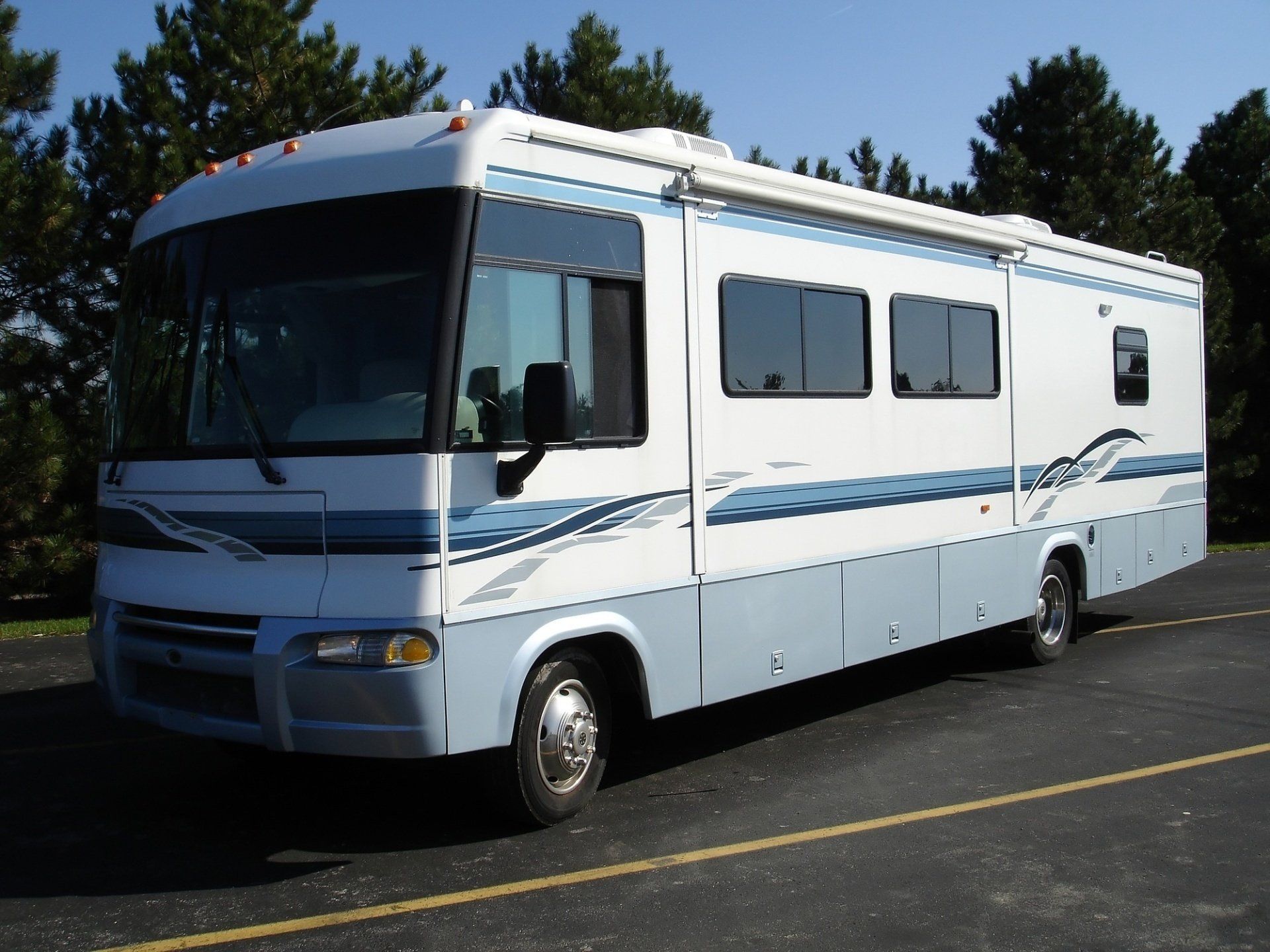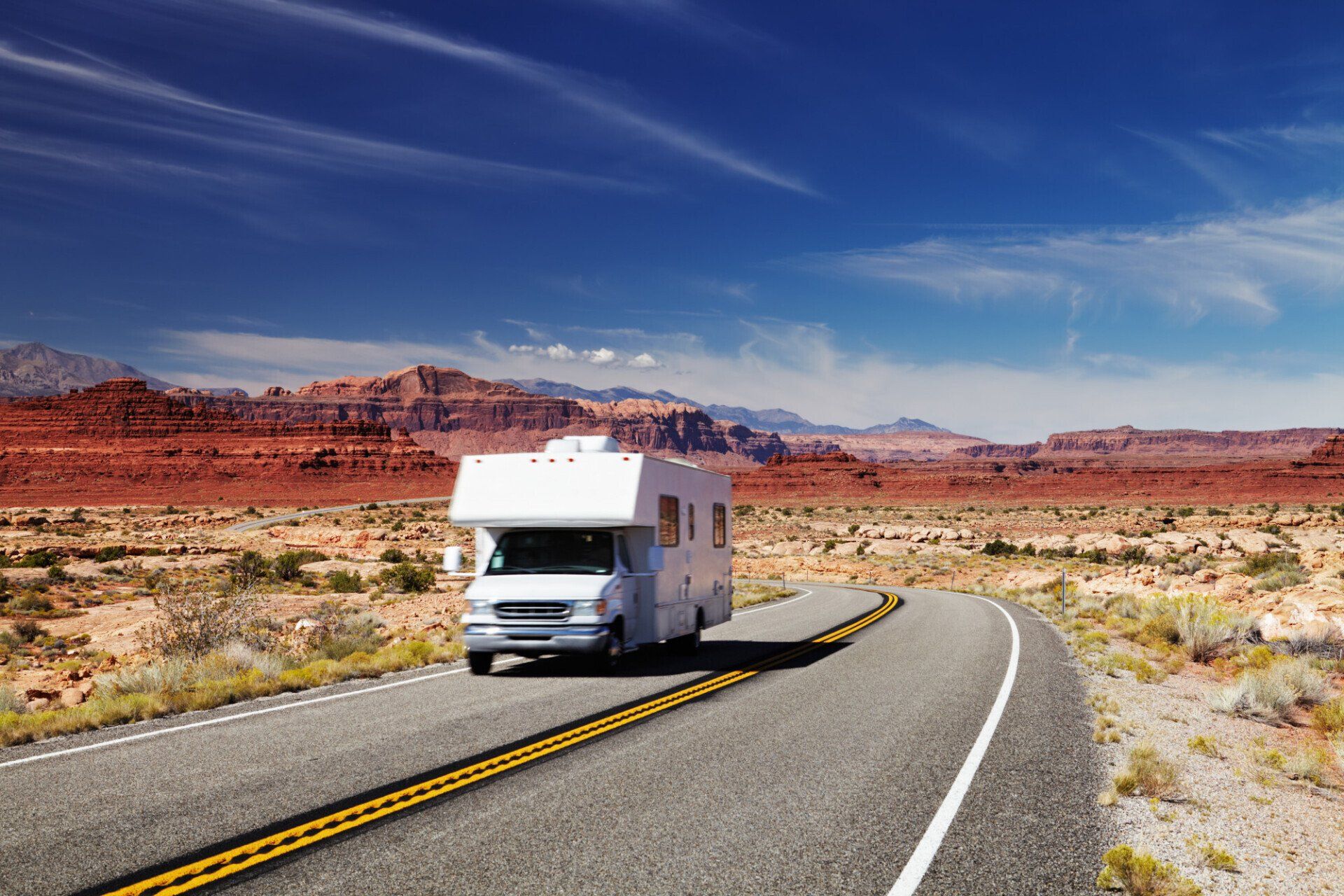A Complete Guide to RV Care
RV living: Would you like to know about the costs involved in living in an RV? Read our complete guide to learn everything that you need to know on the subject.
Did you know that Elkhart, Indiana is the RV production capital of the world? More than 80% of the global RV production in the world is based in Elkhart! That means if you see an RV on the road, it's more than likely that it came from Elkhart, Indiana.
If you are thinking about RV living as an option for your future, you must be wondering about how much it would cost to live in an RV full-time. There are various costs that you have to factor in, and the guide below will help you decipher all of these costs. So keep reading!
RV Loan and Interest Fees
You probably started your RV journey by purchasing an RV, be it used or new. If you were able to save up for your RV and pay for it in cash, that's good for you, indeed! That should help you save on interest fees and loan payments over the next few years.
But most people might not be able to do this, especially if they are already overloaded with other loan payments. In that case, you will want to find the cheapest interest loan for your RV. This way you can keep your monthly interest payments as low as possible.
Depending on how expensive your RV was, how much of a downpayment you put down, and what the interest rates are like, your monthly payments will vary widely. There are no averages we can put down here. But you will surely have to put RV loan costs as the first item to budget on your list.
Gas and Propane Costs
RV living costs will always include gas and propane costs, no matter what style or class of RV you have chosen. If you are going to be on the road quite often, zooming about from one state to another, then your fuel costs will be higher.
On the other hand, if you choose to settle down in one campground and/or become a campground host for a while, then your gas costs will be almost nil, but not zero.
Either way, make sure you take into account that fuel costs will increase over time due to inflation and other factors. Also, don't forget about propane for heating, if you have that option available in your RV.
Food
If you are thinking that food costs on the road will be cheaper than what they were back home, you will be surprised to hear that's not the case. Seasoned RVers always iterate that food costs remain the same or are only slightly cheaper than what they spent in their brick-and-mortar lifestyle.
This is good to know because you are probably quite aware of how much your food budget was back home. Also, you won't want to skimp on food costs while on the road, because you will want to keep your immune system up high and your health going strong.
Getting sick on the road will be no fun at all, and you will want to avoid it as much as possible. Avoid eating only canned foods or processed foods and bring as many green leafy vegetables, salads, fatty fish, and lean meats into your diet as possible.
Repairs and Maintenance
Your 'moving home', that is your RV, will need quite a few repairs. This is especially true if you are constantly moving from one place to another, as this will cause more wear and tear on your tires, windows, and brakes.
The rule that you would need to spend 1% of the purchase price of the home on repairs and maintenance every year could very well apply to a motorhome as well.
Even if you don't end up using your entire budget for repairs, you will want to keep some money aside for major repairs every year. You never know when you might need to take your RV into the shop for some emergency.
Insurance
There are two kinds of insurance you will want to account for when it comes to RV living costs.
Personal medical insurance - you will want to have something to cover you in case of accidents, illness, or other such misfortunes.
RV and truck/SUV insurance - your RV is quite an expensive piece of equipment and should be covered appropriately and if you use a truck or SUV to tow your RV, you will want that covered as well.
If you rely upon one spouse's income to get you around, then you will want to have some sort of disability or accidental death insurance upon them, to ensure your family's covered in case of some mishap.
Phone/Internet
Another important item to account for in your RV living expenses sheet is your cellphone and/or internet coverage. If you are a digital nomad working on the road, you will want decent internet coverage even when you are in the boonies, so you can work without interruption.
If you aren't working on the road and don't need an Internet connection for that, you will still want enough phone data so you can check the internet, watch Netflix, and do other internet-related activities.
It's not going to be a huge part of your budget, but it's something that a lot of people forget about or discount. Until they need it on the road, that is.
Additional Randoms like Entertainment
If you wish to be extremely frugal on the road, you can do so. You can keep your monthly budget to $1000 or less a month.
But you need to remind yourself why you decided to go on the road in the first place. You don't want to restrict yourself too much either.
If you are in a national park, you will want to have the budget to explore a bit. If you are roaming about in Florida, it would be nice to visit a theme park or two. You get the idea.
Have a bit of flexibility in your monthly RV living budget so you can add some entertainment items on there.
Also, you can never account for everything that the RV life will throw at you, so having an extra $100 or $500 on your budget, will keep you from dipping into your retirement savings too often.
Any Outstanding Debts like Student Loans or Car Loans
If you are in your 20s or 30s, you might have leftover student loans that you are still paying off. Or you might still be paying off your SUV or truck loans.
Maybe you still have a mortgage on your home, that you are holding on to, in case you get tired of the RV lifestyle.
Try as much as possible to pay off all debt before you get on the road. But if that's not possible, account for this additional cost in your monthly budget.
The Range of RV Living Expenses
If you do some research online or speak to veteran RVers, you will notice that there is a wide range in RV living costs.
Some people do it on the cheap for around $1000 a month. Others will go all out and spend $5000 to $10,000 a month being on the road.
That's why it's so important to not let yourself be swayed by these figures. Don't try to keep up with the Joneses, especially when it comes to the RV lifestyle.
You could end up betting your entire farm on it, and still not come out on top.
Figure out what kind of lifestyle works for you and you alone and then follow that to a T. Just because every other RVer is spending $1000 on lavish entertainment, doesn't mean you have to do that as well.
Also, remember that you will figure out your RV lifestyle as you live on the road. You might have divine magical plans for your RV life beforehand, but once you are living the dream, you will realize it's quite different!
For example, you might be dreaming of moving from place to place every week, but realize, once on the road, that you like being in one place for a few weeks at a time. That will change your budget quite drastically.
That's why you need to have a plan before going on the road, but stay flexible enough to change that plan as time goes on and new information flows in.
Are You Ready to Get Out onto the Open Road?
With all these numbers and figures in mind, you are now ready to build your RV living budget. Take your time with this exercise. Figure out what each of the different items above would cost in your RV lifestyle, and then calculate your total monthly expense.
If you are interested in adding some RV detailing into your monthly or quarterly budget, then Fiberglass WorX can help you with that. With the appropriate RV wax and protection in place, your RV will look new for a long time to come. Contact us today to get started!



